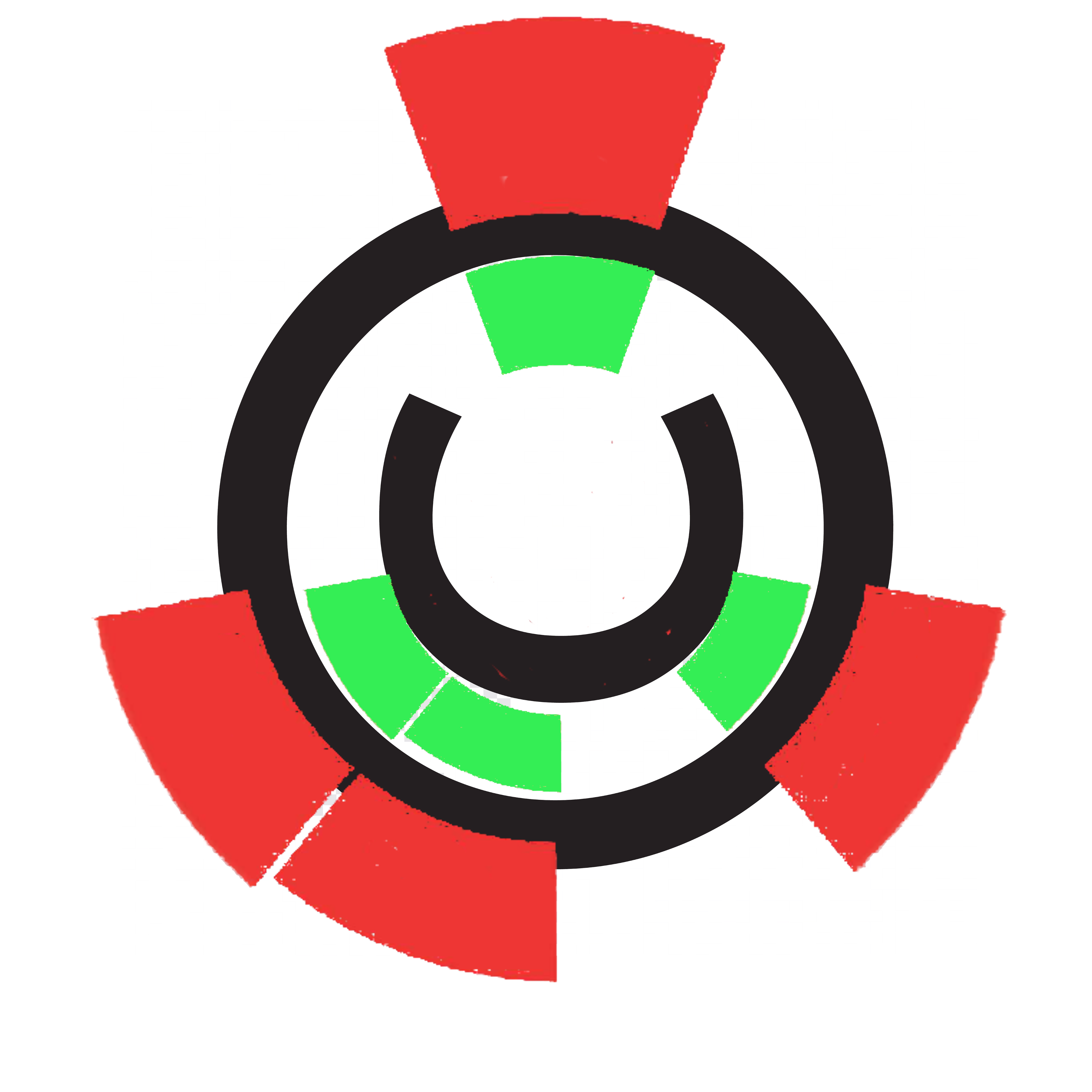

The production of knowledge and technology, derived from research activity, changes the world in directions that are often not anticipated, sometimes not approved, by the producers.
For example, knowledge and the control of natural elements that it enables carries a responsibility for exceeding planetary limits. The results of research (articles, papers, reports, software, data) can be used by economic actors for individual profit and not just for the common good. The two can intersect, but this is not necessarily the rule; they are sometimes antagonistic, from social justice and ecological perspectives.
UsageRight is a principle, based on intellectual property, that allows Research staff to restrict the right to use their output (articles, software, data), by not allowing their work to be exploited for purposes they consider contrary to their conception of the common good.
UsageRight comes in three tools restricting respectively the licenses of use for articles, software, data. They are inspired by three open licenses: Creative Commons, Cecill, ODBL. The three licenses ask any user of a research product, individual or collective structure, a commitment to ecological redirection and the respect of this commitment. This commitment is a stance on one's activity and future in the context of planetary limits and rising inequality.
The provision of tools is accompanied by a manifesto in the process of being published, which takes up the elements present on this site (under the heading "Why"), specifying the historical, legal, economic, ecological, political, philosophical aspects of this approach.